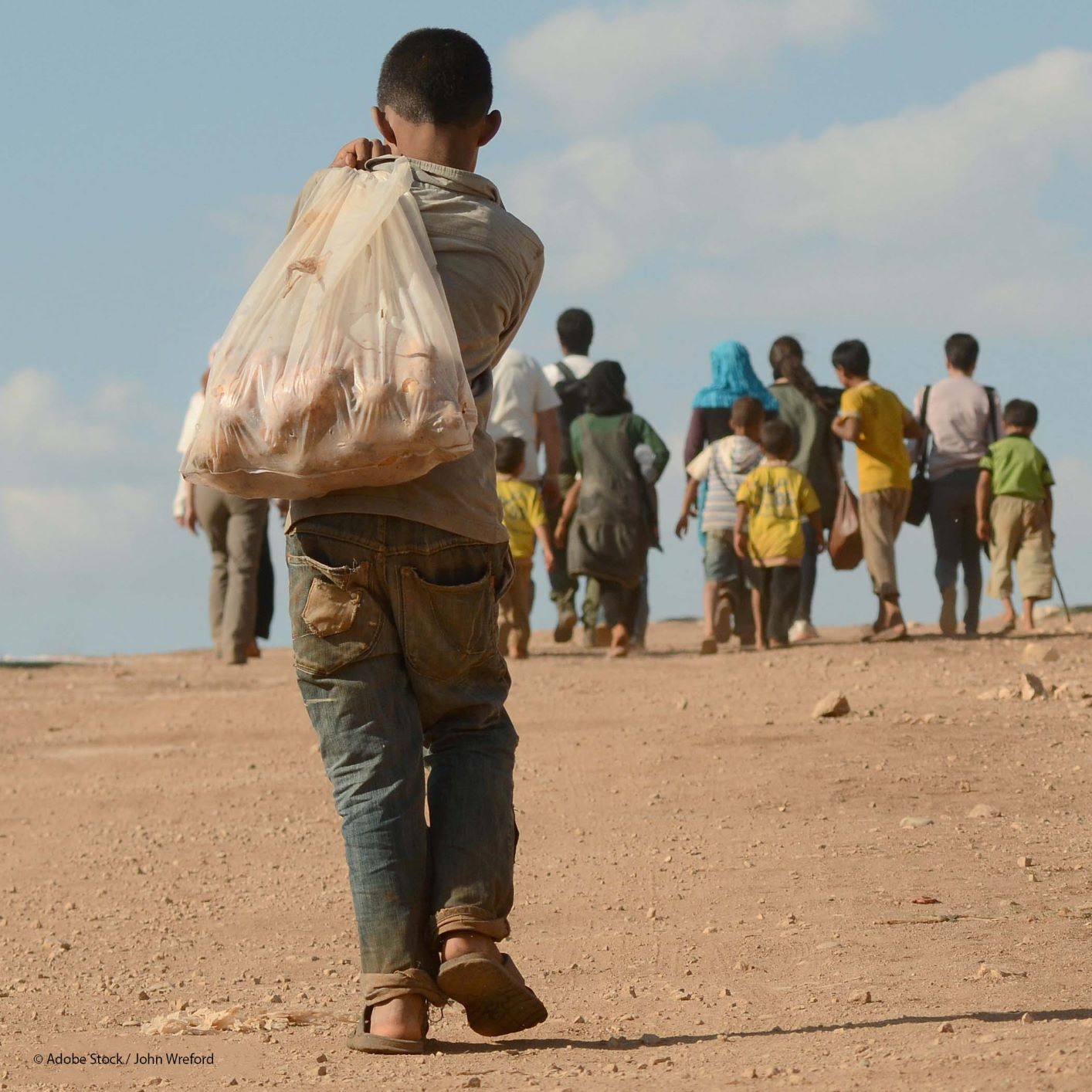
Türkiye’s location makes it an important host and transit country for refugees bound for Europe. Over the past ten years, the country has experienced an influx of refugees, in particular from Syria. In 2015, to provide greater funding for the support of refugees in the country, the EU set up the Facility for Refugees in Turkey. The Facility channels €6 billion to the country. In 2018, EU auditors examined the humanitarian support under the Facility. They recently carried out a second audit to assess whether funding benefitted refugees and host communities, whether the money spent had a noticeable impact, and what will happen when EU support runs dry.
TĂĽrkiye currently hosts more than 4 million registered refugees, including over 3.2 million of Syrian origin. Their ongoing displacement and the increasing number of irregular arrivals from Afghanistan are hindering social cohesion between refugees and their host communities, especially because of the economic downturn in TĂĽrkiye. As fewer than 5 % of the refugees live in refugee camps, their presence has a significant impact on local communities. Following the earthquakes in February 2023, there has been growing tension surrounding refugees in TĂĽrkiye.
The Facility aims to provide the EU with a coordination mechanism for the swift, effective and efficient mobilisation of aid for refugees in Türkiye. It coordinates a total of €6 billion, funded half by the EU budget and half through EU member state contributions. The money was allocated in two equal tranches, in 2016-2017 and 2018-2019. More than €5 billion has been disbursed so far, during a period of deteriorating EU-Türkiye bilateral relations since 2016. But what has this achieved, and are the results sustainable in the long run?
In their first audit in 2018, the auditors commended the EU for rapidly mobilising funds to provide a swift response. However, they also called for improvements in the way the Facility is managed so that the funds could be used more effectively. This time, the auditors checked whether their previous recommendations had been implemented, whether the development projects addressed the needs of beneficiaries and had any impact, and whether the projects are sustainable and their costs reasonable. They also assessed the consequences of the 2023 earthquakes on the funded projects. Interested in their findings? Stay tuned – the report will be published on our website, just after midnight on 24 April.